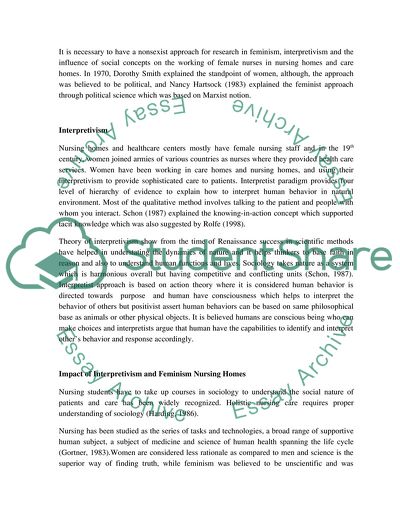Cite this document
(“Postmodernism, Feminism and Social Science Essay”, n.d.)
Postmodernism, Feminism and Social Science Essay. Retrieved from https://studentshare.org/social-science/1586521-postmodernism-feminism-and-social-science
Postmodernism, Feminism and Social Science Essay. Retrieved from https://studentshare.org/social-science/1586521-postmodernism-feminism-and-social-science
(Postmodernism, Feminism and Social Science Essay)
Postmodernism, Feminism and Social Science Essay. https://studentshare.org/social-science/1586521-postmodernism-feminism-and-social-science.
Postmodernism, Feminism and Social Science Essay. https://studentshare.org/social-science/1586521-postmodernism-feminism-and-social-science.
“Postmodernism, Feminism and Social Science Essay”, n.d. https://studentshare.org/social-science/1586521-postmodernism-feminism-and-social-science.


